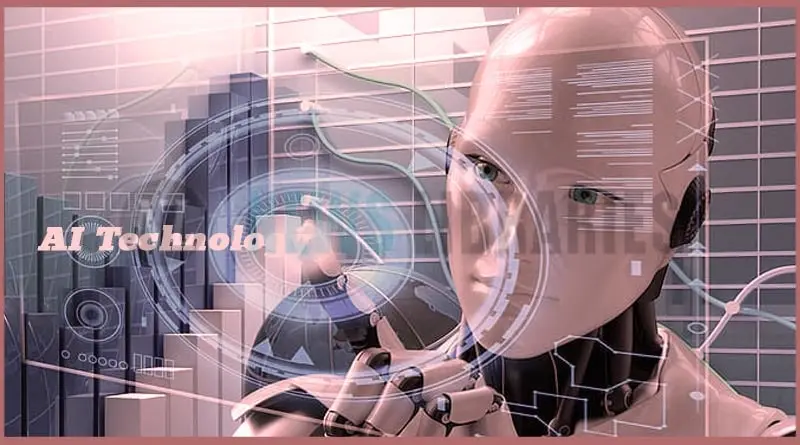AI is transforming every aspect of science. Here’s how.
AI is transforming every aspect of science. Here’s how.
Indeed, AI is having a profound impact on various scientific fields, revolutionizing the way researchers approach challenges, analyze data, and make discoveries. Here’s how AI is transforming different aspects of science:
Data Analysis and Pattern Recognition:
AI algorithms, particularly those in the realm of machine learning and deep learning, excel at analyzing large and complex datasets. They can identify patterns, correlations, and trends that might be difficult for human researchers to spot. In fields like astronomy and genomics, AI helps process massive amounts of data to uncover insights and make predictions.
Drug Discovery and Healthcare:
AI accelerates drug discovery by simulating molecular interactions, predicting potential drug candidates, and optimizing drug design. In healthcare, AI aids in diagnosing diseases from medical images, analyzing patient data to predict health outcomes, and even suggesting personalized treatment plans.
Genomics and Bioinformatics:
Genomic research generates enormous amounts of genetic data. AI tools can analyze these data to identify genetic markers associated with diseases, understand complex genetic interactions, and develop more precise medical treatments.
Climate Science and Environmental Monitoring:
AI models can process climate data, simulate complex climate systems, and predict future climate patterns. Additionally, AI-powered sensors and drones assist in environmental monitoring and collecting data on air quality, deforestation, and biodiversity.
Material Science:
AI algorithms predict the properties of new materials based on their atomic structure and composition. This is valuable for designing advanced materials for various applications, such as renewable energy technologies and electronics.
Particle Physics and Astronomy:
AI assists in particle physics experiments by sifting through vast amounts of data produced by particle accelerators. In astronomy, AI aids in identifying celestial objects, classifying galaxies, and analyzing astronomical images.
Social Sciences and Economics:
AI enables researchers to analyze social media data to study human behavior, sentiment analysis, and public opinion. It also supports economic modeling and forecasting by processing economic indicators and market trends.
Natural Language Processing (NLP):
NLP techniques allow researchers to analyze large text corpora, scientific articles, and research papers. AI can summarize, categorize, and extract information from text, aiding researchers in staying up-to-date with the latest advancements in their fields.
Robotics and Automation:
In fields like chemistry and biology, AI-driven robotic systems can conduct experiments, test hypotheses, and perform repetitive tasks more efficiently than humans.
Neuroscience and Brain Mapping:
AI helps process and analyze brain imaging data, facilitating an understanding of brain structure and function. It also supports the development of brain-computer interfaces for medical and research applications.
The integration of AI into scientific research enhances the speed, accuracy, and scope of discoveries. However, ethical considerations, data privacy, and responsible AI deployment are critical as the scientific community continues to harness the power of AI to advance our understanding of the world.




